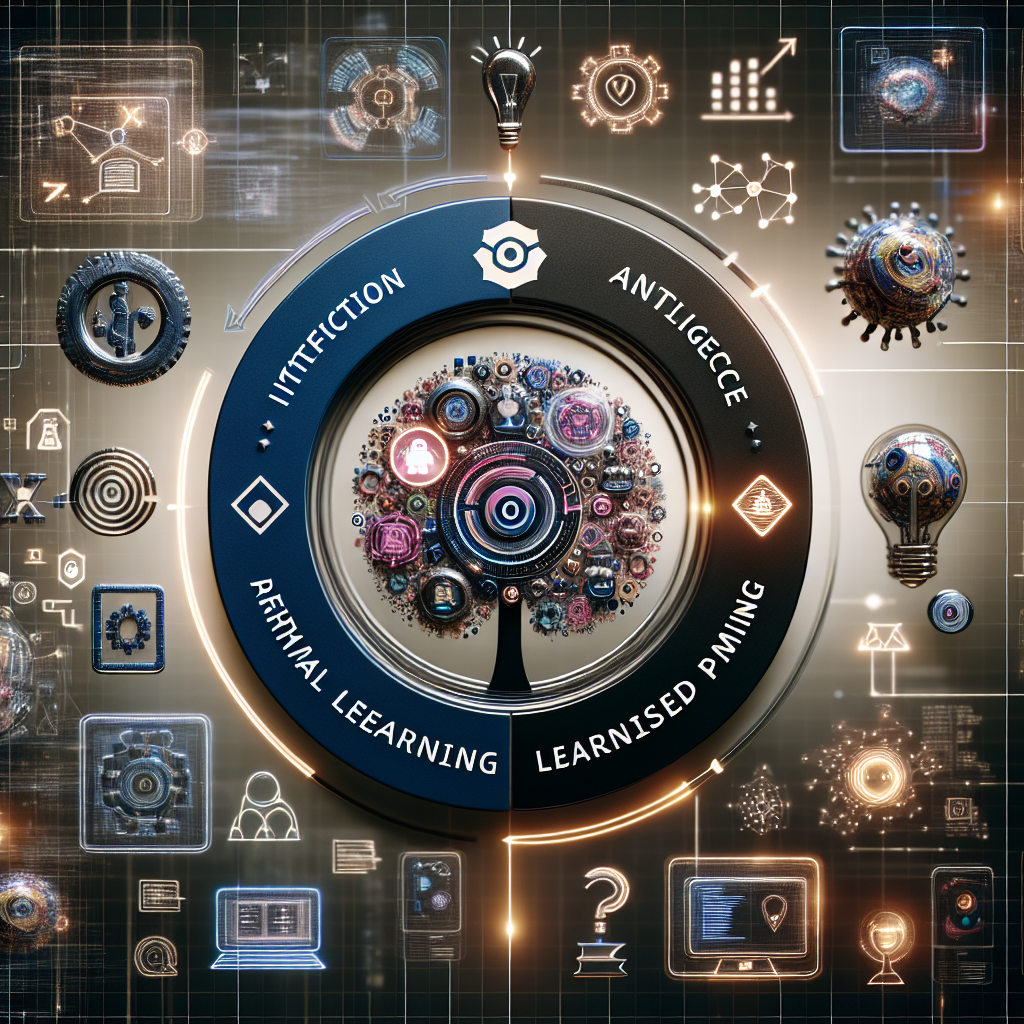Artificial intelligence (AI) is revolutionizing the way we interact with technology, and its impact on personalized learning is no exception. With the ability to analyze vast amounts of data and tailor learning experiences to individual needs, AI-driven solutions are transforming the way students learn and educators teach. In this article, we will explore the impact of AI-driven solutions on personalized learning and discuss how this technology is shaping the future of education.
The concept of personalized learning is not new, but AI has taken it to a whole new level. By using machine learning algorithms, AI-driven solutions can analyze student data, such as learning styles, preferences, and progress, to create personalized learning experiences that cater to individual needs. This means that students can learn at their own pace, focus on areas they need help with, and receive feedback that is tailored to their specific learning needs.
One of the key benefits of AI-driven solutions in personalized learning is the ability to provide real-time feedback to students. Traditional teaching methods often rely on standardized tests and assessments to measure student progress, which can be time-consuming and limited in scope. With AI, students can receive instant feedback on their performance, allowing them to track their progress and make adjustments in real-time. This not only helps students stay engaged and motivated but also enables educators to identify areas where students may need additional support.
Another advantage of AI-driven solutions in personalized learning is the ability to adapt to individual learning styles. Every student is unique, with different strengths, weaknesses, and preferences when it comes to learning. AI can analyze data on how students learn best and tailor teaching methods and content to suit their individual needs. For example, some students may learn better through visual aids, while others may prefer hands-on activities. AI-driven solutions can customize learning experiences to accommodate these preferences, making education more engaging and effective for all students.
AI-driven solutions also have the potential to provide personalized recommendations for students. By analyzing data on student performance, interests, and goals, AI can suggest relevant resources, activities, and learning paths that are tailored to each student’s needs. This can help students discover new interests, deepen their understanding of a subject, and stay motivated to learn. Personalized recommendations can also help educators identify gaps in the curriculum and provide additional support to students who may be struggling.
In addition to personalized learning experiences, AI-driven solutions can also help educators streamline administrative tasks and improve overall efficiency. By automating routine tasks such as grading, lesson planning, and student assessments, AI can free up educators’ time to focus on teaching and providing personalized support to students. This can lead to more effective teaching practices, better student outcomes, and a more engaging and rewarding learning experience for all.
While the impact of AI-driven solutions on personalized learning is significant, it is important to consider the potential challenges and limitations of this technology. One concern is the potential for bias in AI algorithms, which can reinforce stereotypes and inequalities in education. For example, if AI algorithms are trained on biased data sets, they may inadvertently discriminate against certain groups of students or perpetuate existing disparities in education. It is essential for developers and educators to be aware of these risks and take steps to mitigate bias in AI-driven solutions.
Another challenge is the need for educators to adapt to new technologies and integrate them into their teaching practices. While AI-driven solutions can provide valuable insights and support for personalized learning, they require training and support for educators to effectively implement them in the classroom. Educators may need to develop new skills in data analysis, technology integration, and personalized teaching methods to fully harness the potential of AI in education.
Despite these challenges, the impact of AI-driven solutions on personalized learning is undeniable. By providing personalized learning experiences, real-time feedback, and tailored support for students, AI is revolutionizing the way we teach and learn. As this technology continues to evolve, it has the potential to transform education and empower students to reach their full potential.
FAQs:
Q: How can AI-driven solutions personalize learning for students?
A: AI-driven solutions can analyze student data, such as learning styles, preferences, and progress, to create personalized learning experiences that cater to individual needs. This allows students to learn at their own pace, focus on areas they need help with, and receive feedback that is tailored to their specific learning needs.
Q: What are the benefits of AI-driven solutions in personalized learning?
A: AI-driven solutions can provide real-time feedback to students, adapt to individual learning styles, and offer personalized recommendations for students. They can also help educators streamline administrative tasks and improve overall efficiency in the classroom.
Q: What are some potential challenges of AI-driven solutions in personalized learning?
A: One concern is the potential for bias in AI algorithms, which can reinforce stereotypes and inequalities in education. Another challenge is the need for educators to adapt to new technologies and integrate them into their teaching practices.
Q: How can educators leverage AI-driven solutions to enhance personalized learning?
A: Educators can use AI-driven solutions to analyze student data, provide personalized feedback, and offer tailored support for students. By integrating these technologies into their teaching practices, educators can create more engaging and effective learning experiences for all students.

